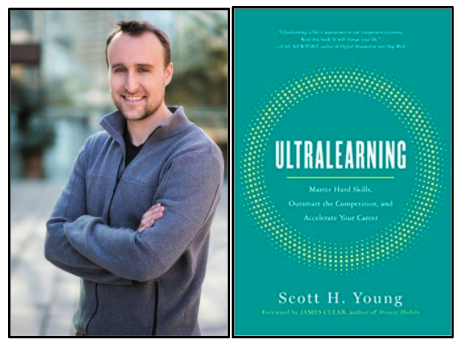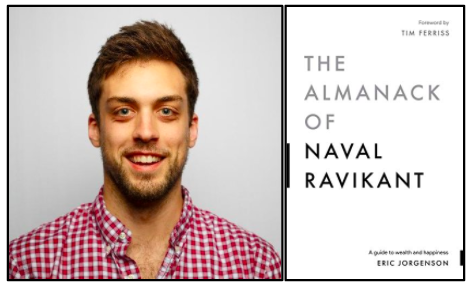Listen on: Apple Podcasts | Google Play | Stitcher | Spotify | Overcast
My guest today is Blas Moros, a talented writer and the creator of a very popular blog called The Rabbit Hole, where he's shared 600+ book summaries, along with dozens of essays and other educational resources.
In our conversation, Blass shares advice on how to choose what book to read next, the value of taking notes and writing summaries, how to find time to read more, and more great reading tips.
He also talks about the importance of playing infinite games, explains the opportunity paradox, and shares details about his newest project, The Latticework–a multidisciplinary learning roadmap that curates, organizes, and interconnects valuable ideas.
TIMESTAMPS:
[00:55] - How Blas discovered his love for reading
[05:10] - How Blas chooses what book to read next
[06:10] - How to find more time to read
[08:48] - Blas's note-taking & book summary process
[10:48] - Ebooks vs audiobooks vs print books
[11:52] - How Blas uses his book summaries to grow as a person
[13:51] - What makes a book worth rereading
[16:55] - Helpful reading tips for people just getting into reading
[20:00] - Lessons from Blas's essay The Infinite Game
[25:50] - Lessons from Blas's essay The Opportunity Paradox
[31:30] - Why more discipline equals more freedom
[33:24] - Blas's newest project: The Latticework
[36:00] - What is first-principle thinking & how did Elon Musk use it to build SpaceX & Tesla
[40:10] - Explaining second-order thinking
[41:40] - Two books that had a huge impact on Blas
Resources:
Twitter: @BlasMoros
Website: blas.com
***
If you enjoyed this podcast, please subscribe & write a positive review.
Every week, I send out a free weekly newsletter with actionable advice from amazing books. Join 4,700+ readers here.
Connect with Alex & Books:
Twitter: @alexandbooks_
Instagram: @alexandbooks_
YouTube: Alex and Books











